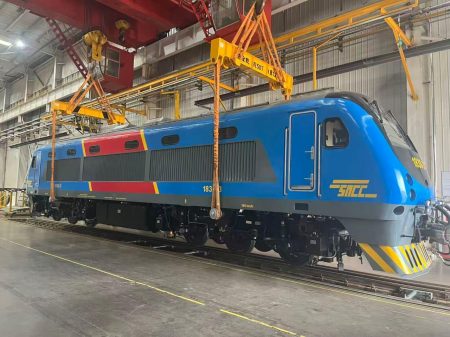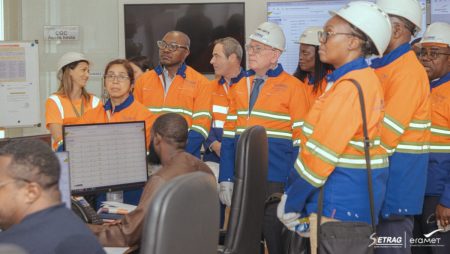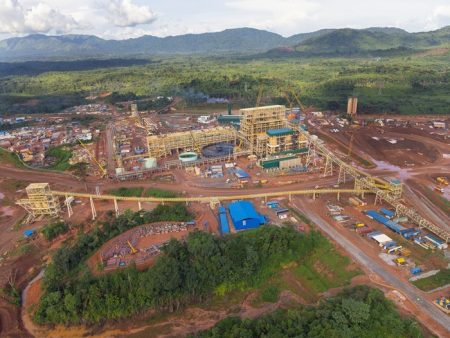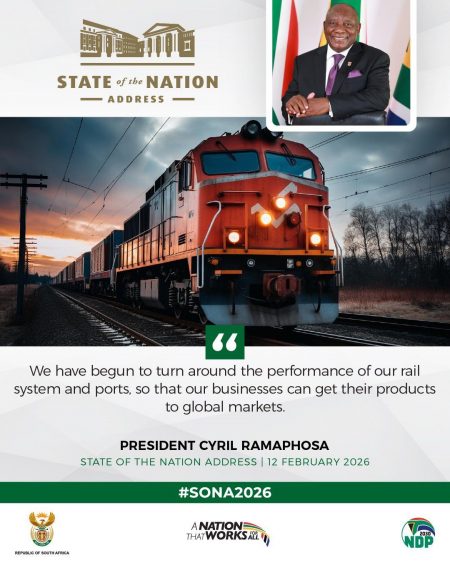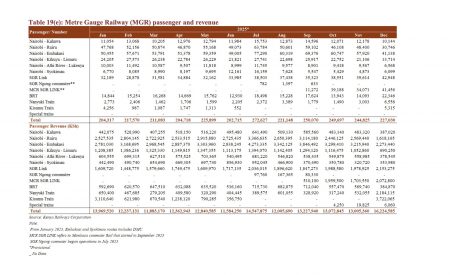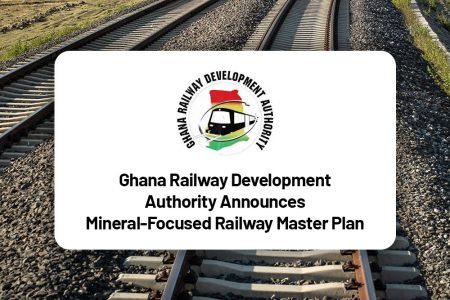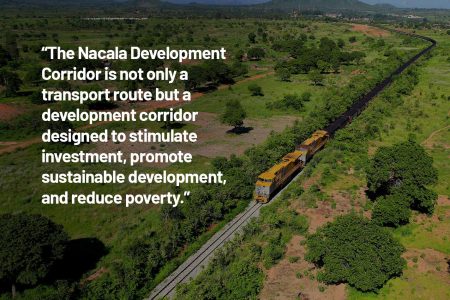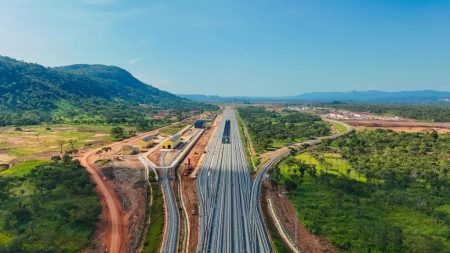This content is for Premium Subscribers only. To view this content, login below or subscribe as a Premium Subscriber.
Related News Articles
Botswana Earmarks P3.86bn for Transport, Mmamabula–Lephalale and Kazungula Rail Lines
13 February 2026
SADC, Botswana
1 min
SNCC Gets 5 New Locomotives From China
13 February 2026
Central Africa, Democratic Republic of the Congo (DRC)
1 min
CFM South Announces Reopening Date for Limpopo Railway Line After Flood Damage
13 February 2026
SADC, Mozambique
1 min
Mozambique North–South Railway Project Expected to be presented in March 2026
13 February 2026
SADC, Mozambique
1 min
SETRAG Hosts World Bank Group VP Risk for Project Monitoring Visit
13 February 2026
Central Africa, Gabon
1 min
TRC Ends Subsidy Reliance as Tanzania Advances Transport Reform Agenda
13 February 2026
East Africa, Tanzania
1 min
Why Private Sector Partnership Is the Key to South Africa’s Rail Revival
05 February 2026
SADC, South Africa
6 min
Ghana Railway Development Authority Announces Mineral-Focused Railway Master Plan
05 February 2026
West Africa, Ghana
1 min
Zambia Reaffirms Commitment to Nacala Corridor Development
05 February 2026
SADC, Zambia
1 min
Baowu Resources Increases Its Stake in the Mining Component of the Simandou Project
05 February 2026
West Africa, Guinea
1 min
Zambia, DRC and Angola Align to Accelerate Lobito Corridor Implementation
05 February 2026
SADC, Zambia
2 min
Ghana: Trade Ministry Engages Dubai Chamber on Ghana–UAE Economic Partnership
04 February 2026
West Africa, Ghana
1 min
